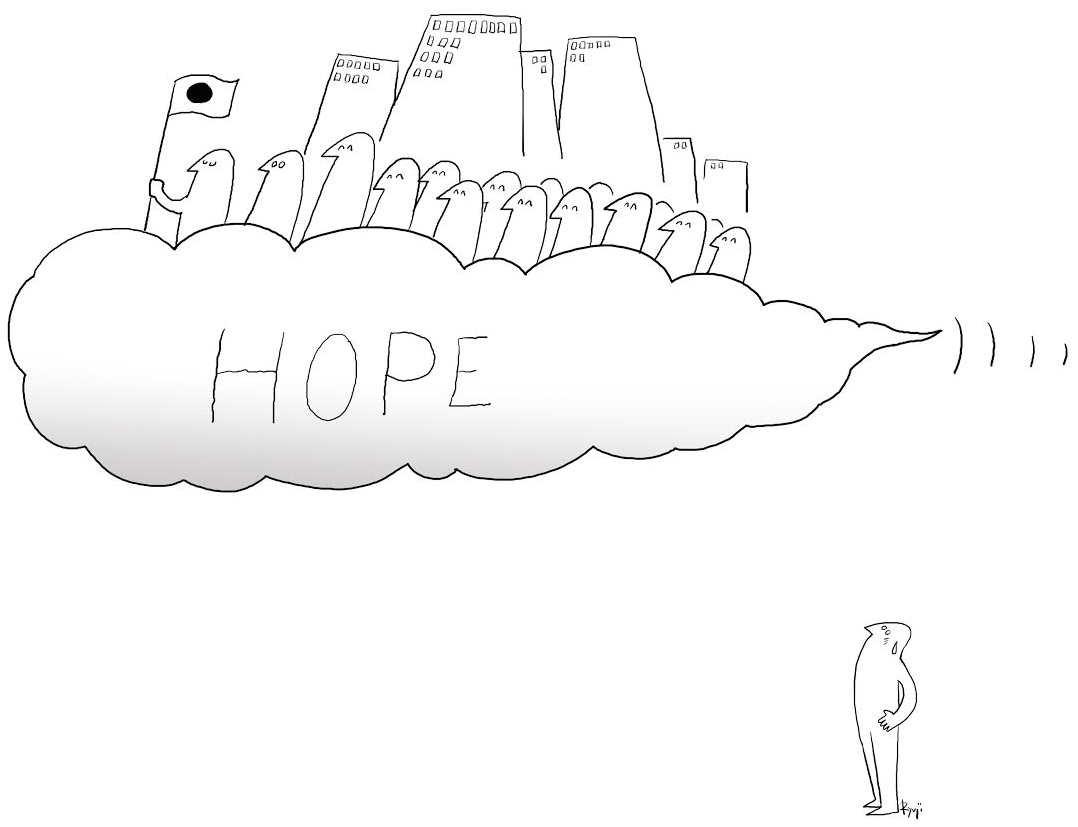Between July and mid-September, the nation's political discourse heated up over the Abe administration's bills on national security. A majority of constitutional scholars, regardless of their stands on amending the Constitution, said through various mass media outlets that the legislation is unconstitutional at least under the provisions of the national charter as it now stands. Certain scholars of international politics, meanwhile, emphasized the need for the security-related bills from a realistic point of view.
As has been the case in the past, however, the opinions of those constitutional scholars were dismissed as worthless and the bills easily passed both houses of the Diet.
In contrast, scholars and journalists are oddly quiet on economic matters. Rarely do opinions critical of the Abe administration's economic policy appear. Generally speaking, the power of liberal economists to propagate their opinions appears to have rapidly become weak. In this column, I will try to explain what I think has given rise to this situation.



















With your current subscription plan you can comment on stories. However, before writing your first comment, please create a display name in the Profile section of your subscriber account page.